From Times Online
April 19, 2010
Government intervenes in ‘dysfunctional’ council
(Anna Gowthorpe/PA)
The Edlington torture case resulted in the attackers, now aged 11 and 12, sentenced to indefinite detention with a minimum term of five years
Times Online
3 COMMENTS
RECOMMEND? (3)
The Government will intervene in a local authority after a report identified a series of severe failings, Communities Secretary John Denham said today.
The Audit Commission report on Doncaster Council, in South Yorkshire, was ordered after a series of crises at the local authority, including the shocking case of two brothers who were in the council’s care when they tortured two young boys in the village of Edlington last year.
The report found that the “failing” council would not improve without external help due to a number of problems, including “dysfunctional” politics and “long-standing political antagonisms” being given priority over improvements to services.
Speaking after the publication of the report, Mr Denham said: “I take very seriously the failure of Doncaster local authority - the mayor, cabinet, chief officers and councillors - to serve the people of Doncaster well.
RELATED LINKS
Torture boys' sentences 'not unduly lenient'
Victims' families demand Edlington boys be named
FULL TEXT: what judge told brothers
MULTIMEDIA
PICTURES: schoolboy attack
“From the outset, I have made it clear that I would take whatever action was necessary to look after the best interests of local people. I can make it clear today that I will use my statutory powers to intervene.
“The Audit Commission’s report on Doncaster Council shows the severity of the problems in the local authority across the board and concludes that the local authority is failing the people of Doncaster, not just on one service or issue but in the very way it operates. This is absolutely unacceptable.”
He appointed Rob Whiteman, the new chief executive of the local government improvement organisation IDeA, to chair an emergency advisory board to provide, if urgent decisions are needed, leadership and clear support to the acting chief executive.
Mr Denham said he was now considering what form the intervention in the local authority should take and said meetings would be held this week to discuss the future of the council.
He said: “There should be no doubt that I am actively considering appointing commissioners to take over some or all of the functions of the council.
“I call on everyone at the local authority to accept the report’s findings, acknowledge the severity of the failings, and work with Government and other partners to move on from this unacceptable state of corporate paralysis for the good of Doncaster.”
Today’s report found that the elected English Democrat mayor, Peter Davies, the cabinet, senior officers and some councillors were not capable of making improvements It opened: “Doncaster Metropolitan Borough Council is failing.
“The council is not properly run and as a result it is failing in its legal obligation to make arrangements to secure continuous improvement in the way in which it exercises its functions, having regard to a combination of economy, efficiency and effectiveness.
“Those leading the council - the mayor and cabinet, some councillors and some officers - do not collectively have the capacity or capability to make the necessary improvements in governance.
“The council will not improve without significant and sustained support from external bodies.
“This corporate governance inspection was undertaken because of repeated evidence, over more than 15 years, that the council is not well run.”
The report said that Doncaster Council had a “troubled history of poor governance” and said the shadow of a corruption scandal which saw 21 councillors convicted of fraud in 2001, in an affair known as “Donnygate”, still hung over the area.
People voted to adopt the elected mayoral system in a referendum in the same year and the current mayor, Mr Davies, was elected in June 2009.
There are no other English Democrats on the council, which has 26 Labour councillors, 12 Liberal Democrats, nine Conservatives and 12 independent councillors.
The report found that the people of Doncaster were “not well-served” by the council because “the desire to pursue long-standing political antagonisms is being given priority over much-needed improvements to services for the public”.
It described the council’s politics as “dysfunctional” and said “bullying and intimidating behaviour” needed to be eliminated.
The report found that issues surrounding poor working relationships between the council, the mayor and the cabinet and a lack of leadership shown by the mayor, the cabinet and some chief officers had led to failures to improve services.
It found that council officers had not acted as a team and found “antagonism” from councillors towards the mayor, whose behaviour it said had sometimes failed to meet required standards.
“Some influential councillors place their antagonism towards the mayor and mayoral system, and the achievements of their political objectives, above the needs of the people of Doncaster and their duty to lead the continuous improvement of services,” the report said.
“The mayor does not always act in a way which demonstrates an understanding of the need for an elected mayor to lead his authority and represent all the people in Doncaster.”
It continued: “Some (council officers) have become used to the dysfunctional politics of the council and no longer seek to maintain proper boundaries between the respective roles of officers and councillors.”
Subscribe to:
Post Comments (Atom)














![Kay Jordan marched in Hanbury Street, Princelet street on 17 January 2006 [pictured below]](https://blogger.googleusercontent.com/img/b/R29vZ2xl/AVvXsEjmFpkcZgAW1eZKWId6O-xApvo7_zu4rL0QLz_ByB_FHaKbyUkAFfaPT1RdxXqjX-YVvveRu2zdPyr0pXqiFK-0SAjQd5vyTwGgGDnyU600Gk-gu-MueRhRIg_UhFT66fo8gzCl2tM4BX-8/s760/KHOODEELAAR%2521+No+to+Crossrail+Hole%252C+Demo+in+Hanbury%252C+Spelman%252C+Princelet+Streets+and+Brick+Lane+London+E1+17+January+2006.jpeg)
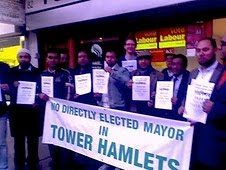
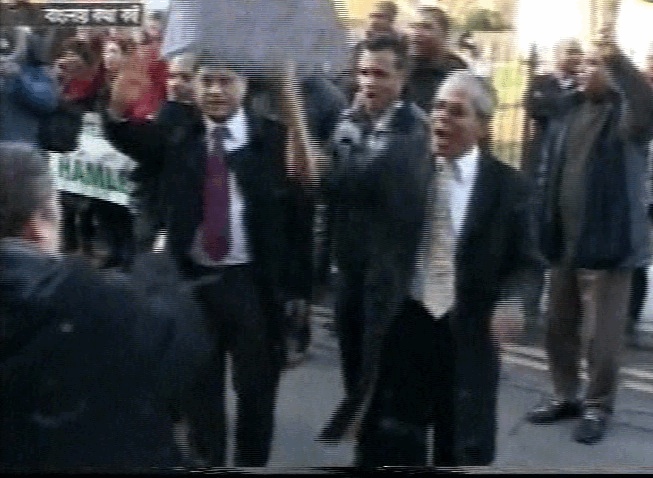



















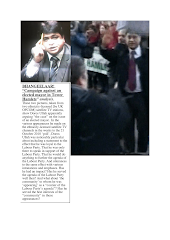
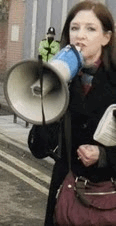



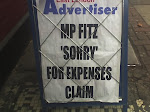
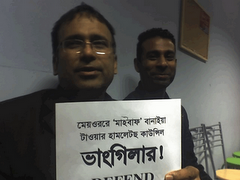
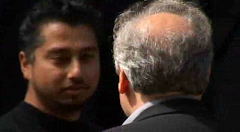
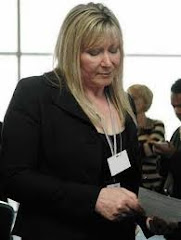
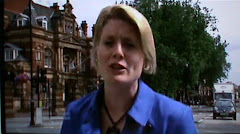
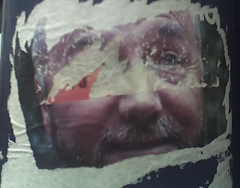

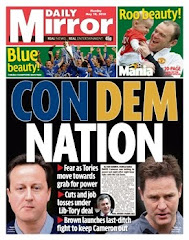
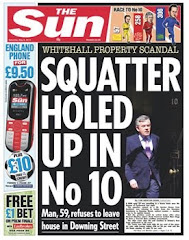
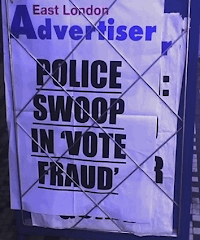
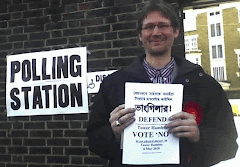
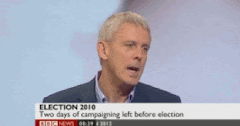

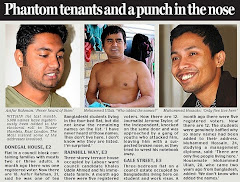
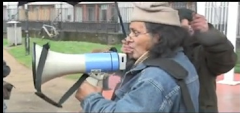


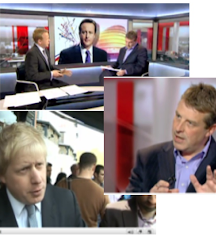
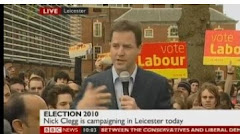
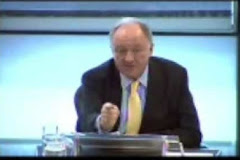
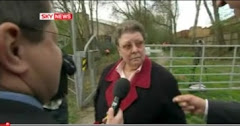

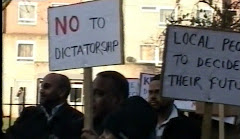
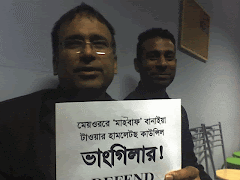

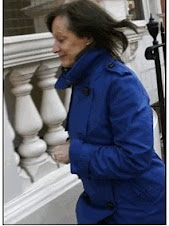
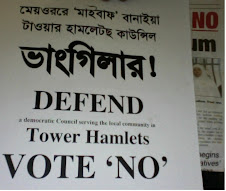
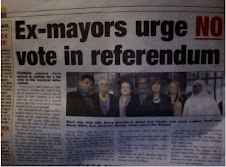
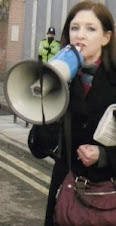
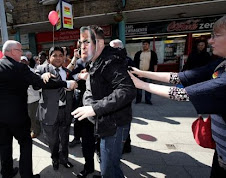
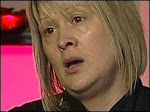
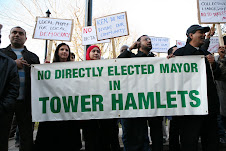
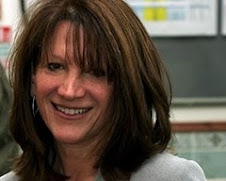
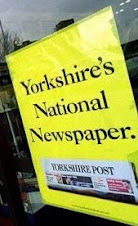

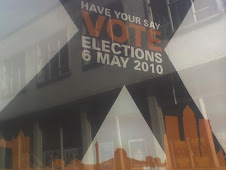
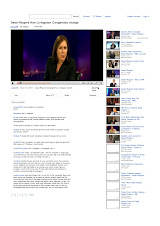
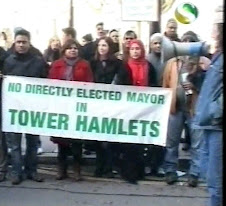
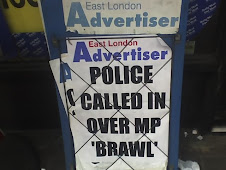
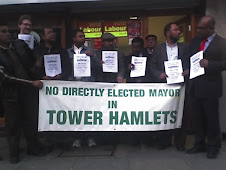
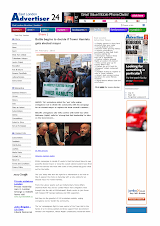
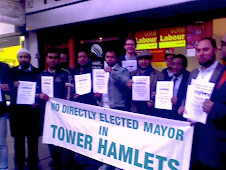
No comments:
Post a Comment